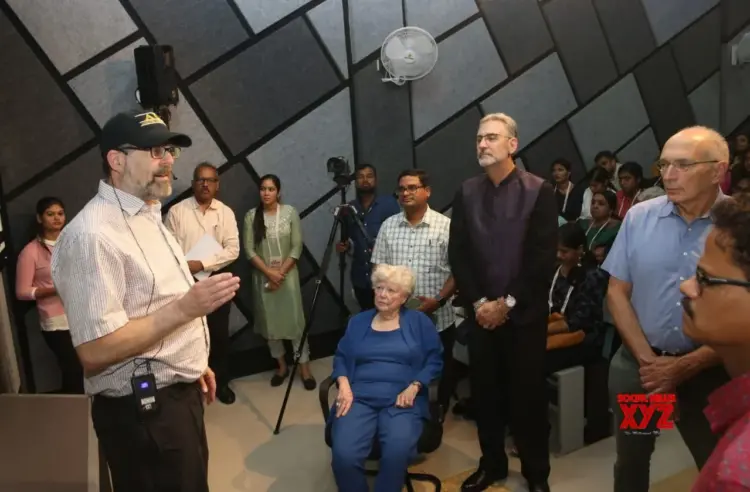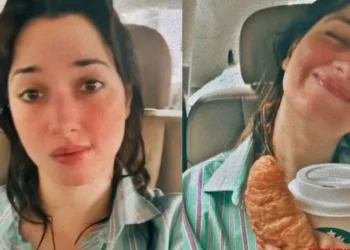In a world where society still sees autism as a handicap, knowing and understanding the disability can change this mindset, say experts.
“Directly getting to know autism will help immensely in bringing people affected by it to the mainstream,” Dr Stephen Mark Shore, Clinical Associate Professor, Adelphi University, New York said at the International Conference on Comprehensive Education (ICCE) for Children with Special Needs, at the Different Art Centre here.
“Understanding the abilities of the autism affected and guiding them as per their interests, would open up vast possibilities for them. The society needs to stop seeing them as lesser humans or disabled, he added.
“Autism is not a medical condition. Rather, we need to accept their differences and prepare a place for them in society. Every autistic child has different abilities. They can be brought to the forefront of society by identifying these abilities and training them in a focused manner,” Shore said.
His address was based on his own life as he presented his autism journey right from his childhood and the stage when he realised that autism is not a weakness, but a strength to achieve many things.
He added that people affected by autism are very particular about what they do and he elaborated on his own life, saying that working in a bicycle repair shop during his college days and later repairing bicycles for students on the campus, and thereby earning an income proved to him that autism is not a shackle at all.
Anita Frey, Clinical Associate Professor at Adelphi University, spoke about the impact of family environment on the development of differently-abled children and the awareness that parents should have.
“Parents well understand differently abled children as it is necessary to provide proper training and awareness to the parents with regard to their care. Special teacher-parent associations for the parents of differently-abled children in schools and such organizations should jointly devise economic and social assistance schemes,” she said.





















